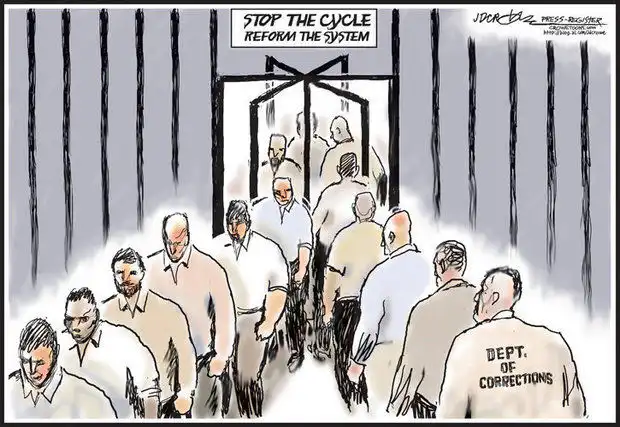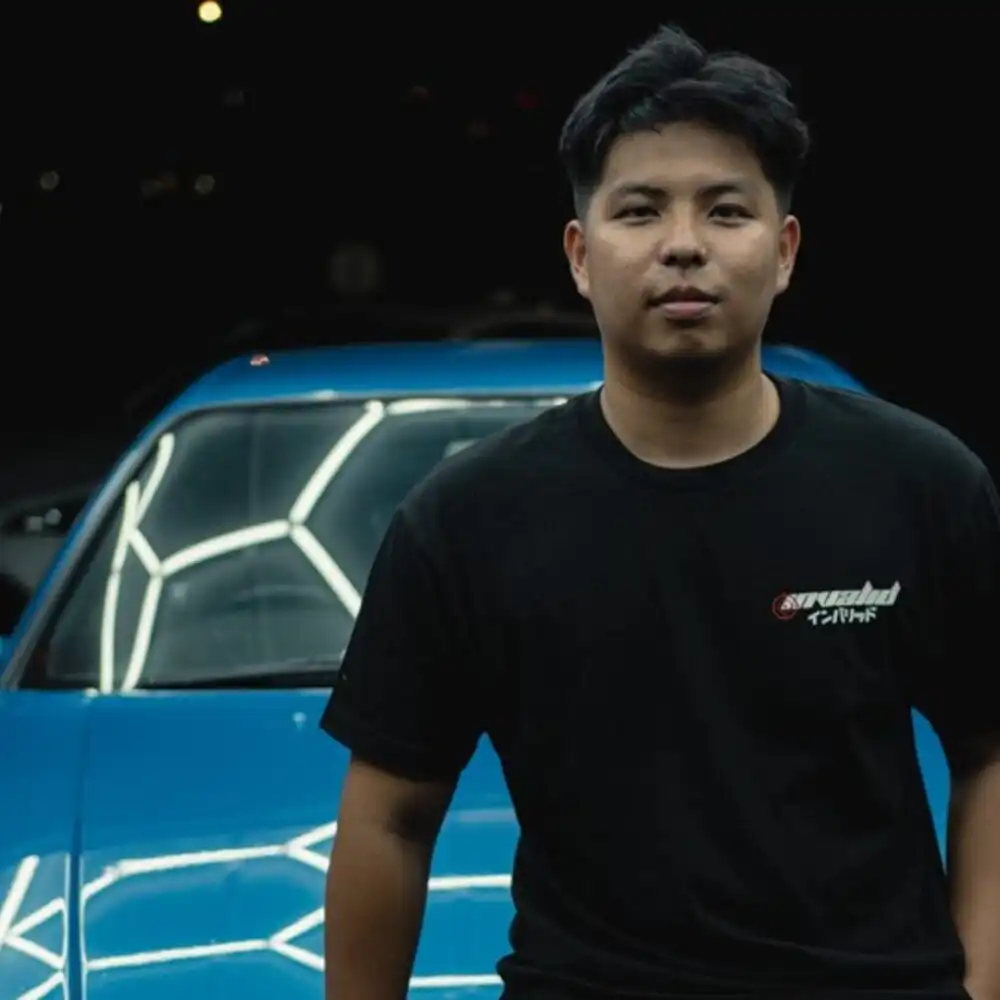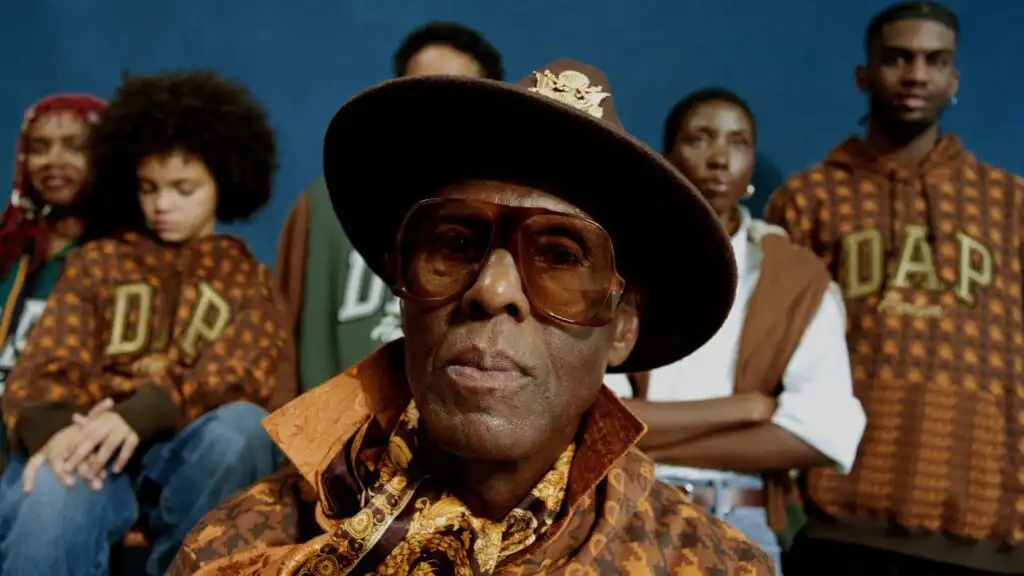Prison Reform
Why Civilians Should Care About What Happens to People in Prison
Prison officials must focus on instilling critical thinking skills through higher education
By Phillip Vance Smith II
Reform the System – Reduce Recidivism
[/ux_text]In 2017, five correctional employees in North Carolina were killed by prisoners. Because four of the murders stemmed from an escape attempt at a Corrections Enterprises’ sewing plant, prison officials removed workers who were both convicted of a violent crime and under the age of thirty-five from their jobs. Public outcry for change forced prison officials to take this punitive stance as a prevention to violence, but not much has changed to thwart more tragedies, and there is good reason. The prisoners were removed from their job assignments because they fit a stereotypical criterion categorizing them as having the potential to commit violence. North Carolina’s prison officials failed to address systemic causes of violence, like lack of higher education as a catalyst. North Carolina tried to quickly fix the crisis with superficial punishments. As a result, two murders of prisoners were reported in 2020, both at Maury Correctional Institution. Continued violence in North Carolina’s prisons evidences that staunch punishment in prison does not work but consequently ensures the potential for societal violence from newly released prisoners.
America incarcerates two million people. Many have heard of disproportionate criminal sentencing for people of color, but lack of rehabilitative opportunities, like higher education, can force released people to carry bitterness back into the free world because they have not learned to change for the better. The national recidivism rate of 67.5% proves that the criminal justice system, as it exits, does not rehabilitate over half of incarcerated individuals released from prisons. Contrarily, the Federal Bureau of Prisons finds that prisoners who earn a high school bachelor’s degree 5.6%, and a master’s degree 0%. These statistics prove that education—not prejudicial punishment in prisons—works. What would happen if prison systems offed education to every prisoner?
Correctional institutions present the only setting where society accepts violence as a naturally occurring circumstance that cannot be prevented. This acceptance drives the violent culture prevalent in prisons. Instead of an act, violence can become a characteristic of an incarcerated individual’s identity because they learn to handle every situation with violence or the threat of violence. No meaningful programs exist to teach them how to handle tense situations peacefully. The violent prison culture carries over to the outside world when people who have been immersed in such a system for a prolonged period of time and released without making positive strides toward change.
To combat the negative prison culture, prison officials must focus on instilling critical thinking skills through higher education, not strict punishment. In this way, prisoners and newly released citizens will opt to live a meritorious life, versus succumbing to the same patterns of crime hindering them before incarceration. If North Carolina adopted more educational programs within its prison system, the likeliness of violence could be lessened.
Fortunately, The United States of America is making positive advances to address this problem. In 2022, the reinstatement of Federal Pell grants (a funding program ended in 1994) will allow prisoners in viewing confrontational situations through critical thinking, compelling them to approach adversity peacefully. Without such skills learned in a class setting, prisoners are forced to learn from uneducated peers who originate from impoverished areas where violence can be rewarded with praise and respect.
Higher education in prisons will not bring back the victims by prisoners trying to escape, but it can ensure that more prisoners choose meritorious life paths and refocus their priorities on becoming productive citizens versus nonproductive criminals. In this way, future senseless deaths can be prevented, transforming North Carolina prisons from hotbeds of violence into sanctuaries of education and change.















